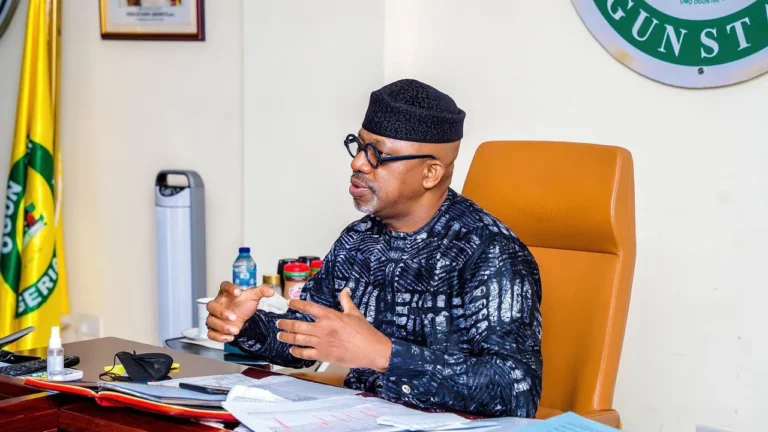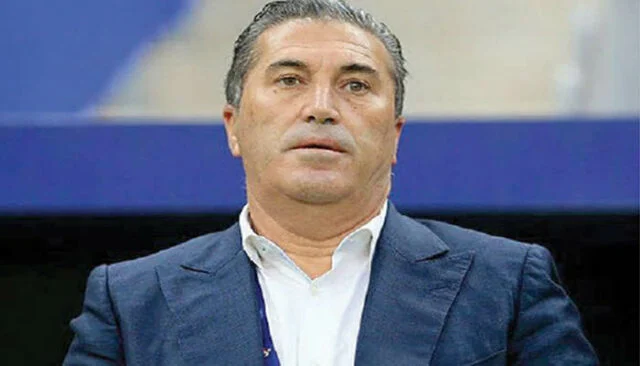
The Socio-Economic Rights and Accountability Project (SERAP) has called on President Bola Tinubu to initiate a thorough investigation into the $1.5 billion World Bank loan provided to Nigeria’s 36 states and the Federal Capital Territory, as well as the $3.12 billion in Chinese loans secured by the Federal Government.
In an open letter dated August 10, 2024, SERAP’s Deputy Director, Kolawole Oluwadare, urged President Tinubu to direct the Attorney-General of the Federation and Minister of Justice, Lateef Fagbemi, along with relevant anti-corruption agencies, to scrutinize the allocation and utilization of these funds. SERAP emphasized that investigating the loans is crucial to mitigating poverty and enhancing social protection across the states.
The letter highlights the need for accountability by noting that suspected corruption and mismanagement should lead to prosecution if sufficient evidence is found, and any proceeds of corruption should be recovered. SERAP recommended that the Economic and Financial Crimes Commission (EFCC) and the Independent Corrupt Practices and Other Related Offences Commission (ICPC) work together to monitor and assess the spending of the $1.5 billion World Bank loan.
SERAP argues that ensuring transparency in the management of these loans is essential for rebuilding public trust in democratic institutions and reinforcing the rule of law. The group warns that continued impunity for high-ranking officials will perpetuate corruption and undermine efforts to address financial mismanagement.
In the letter, SERAP also addressed the issue of governors’ immunity, asserting that while sitting governors cannot be arrested or prosecuted while in office, they can and should be investigated. The findings of such investigations could potentially lead to impeachment proceedings.
SERAP has given President Tinubu a seven-day deadline to address their concerns and implement the recommended measures. Failure to do so will prompt SERAP to consider legal actions to enforce compliance in the public interest.
The $1.5 billion World Bank loan, approved on December 15, 2020, is intended to support Nigeria’s states and Abuja in their recovery from COVID-19 and to reduce poverty by improving access to education, healthcare, water, sanitation, and social assistance programs.
Additionally, data from the Debt Management Office reveals that Nigeria’s total borrowing from China stands at $3.12 billion, covering various projects including the Nigerian Railway Modernization and Abuja Light Rail Project. The total public debt of Nigeria, including external and domestic loans, has surged from N97.34 trillion ($108.23 billion) in December 2023 to N121.67 trillion ($91.46 billion) by March 31, 2024.
For More Updates, join our WhatsApp Group and Telegram Channel






